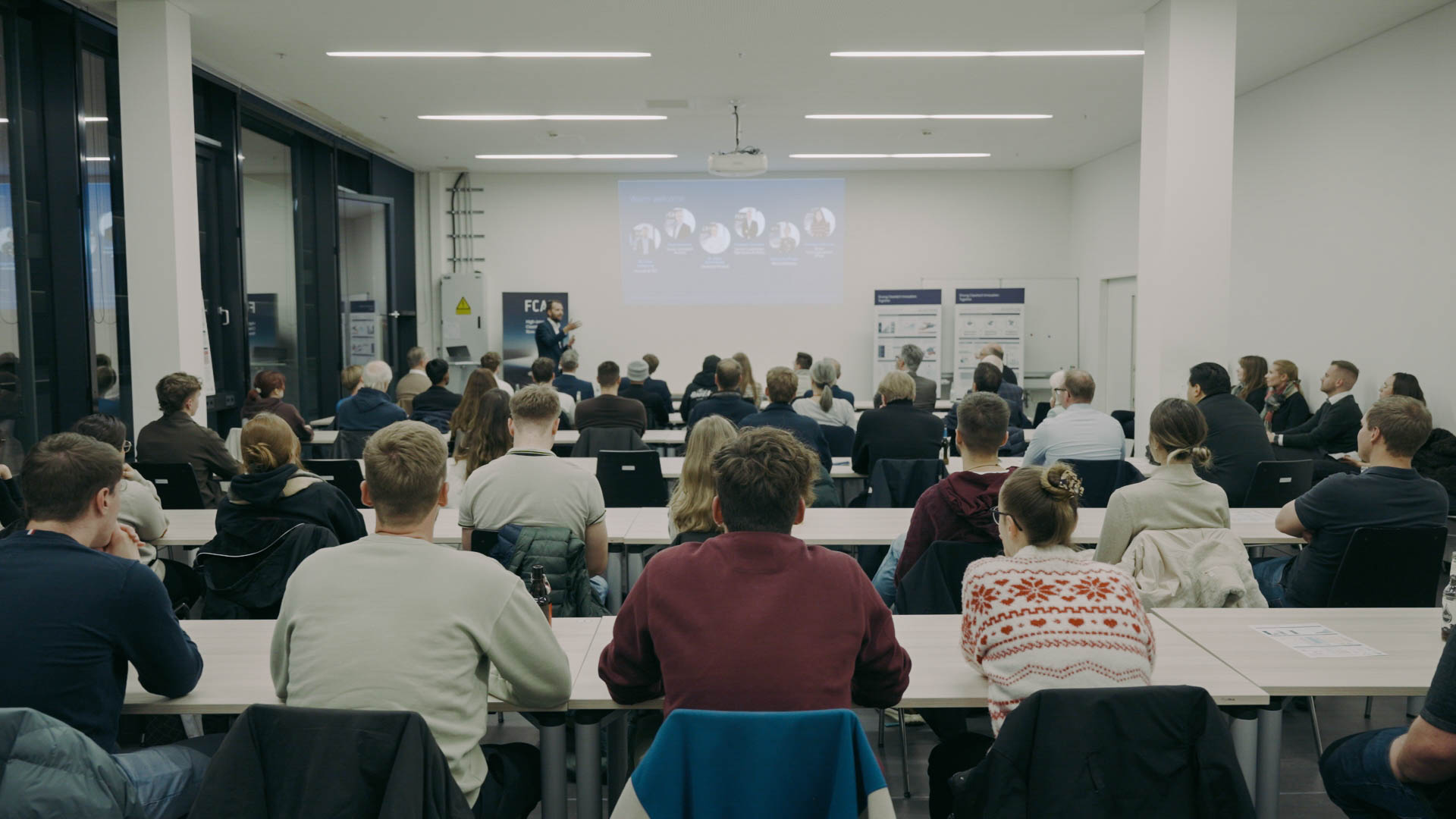We are happy to share that we have launched our Future Cleantech Lecture Series at Bergische Universität Wuppertal. In the first session, we explored why hydrogen is not a silver bullet for most industrial applications and examined realistic pathways for decarbonizing aviation and shipping.
The lecture brought together students from across faculties, representatives from regional industry, and international experts. Some of our key takeaways from the session:
- Several high-emitting sectors, such as ammonia and fertilizer production and refining rely on hydrogen and should have priority access to clean hydrogen, which will remain scarce and costly for decades to come.
- Sectors such as road transport, buildings, and power generation, where direct electrification is feasible, should avoid hydrogen due to significant energy losses during conversion. For example, an electric vehicle is roughly 3.3 times more efficient than a hydrogen-powered one.
- When it comes to aviation, there is no one-size-fits-all solution for decarbonizing different flight ranges. Different technologies will be suitable depending on journey length. Short flights are best suited for battery-electric aircraft, while for long-haul flights, the only currently viable solution is synthetic aviation fuels (SAFs).
- Achieving the decarbonization of the shipping industry by 2050 will require a transition to alternative low-carbon fuels, such as biofuels, green hydrogen, and green methanol, as well as major improvements in non-fuel measures like port electrification, battery systems, and ship efficiency.
Many thanks to everyone who joined and contributed, and stay tuned for the next lecture in our series, this time on “Cleantech Innovation vs. Symbolic Policy.”

